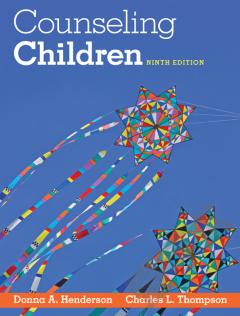Concerning Children
When I initially decided to write Charlotte Perkins Gilman's biogra phy, I was pregnant with my first child. At the ?me, I was finishing a manuscript devoted to examining medicine's influence on American Literature, which included a chapter on Gilman vis-?-vis both S. Weir Mitchell and Sigmund Freud. To research this chapter I delved into the rich primary materials in the Gilman collection at Radcliffe's Schlesinger Library, and I came away with a fascination with the turn of-the-century feminist lecturer and writer that bordered on infatu ation. Though increased familiarity with Gilman's complicated life story has somewhat dampened my initial enthusiasm, I still admire her for her unwavering commitment to public service in the face of potentially distracting personal matters. What continues to intrigue me about Gilman is precisely her persistence despite chronic mental and physical ailments and even despite the demands of motherhood in grounding her conception of self in impersonal concerns. In this, she joined a number of other progressives who also believed civic responsibility (rather than subjective desire) to be indispensable to identity formation. Like many other biographers, I chose my subject out of a sense of connection with her: though born a century later than Gilman, my struggle to balance personal and professional life in many ways resembles hers, and I could not help but be drawn to Gilman as both role model and warning. When I realized that no exhaustive biography of Gilman existed, I said to myself, "here's your next project."1 Little did I know what I was getting myself into.
{{comment.content}}








 京公网安备 11010802027623号
京公网安备 11010802027623号